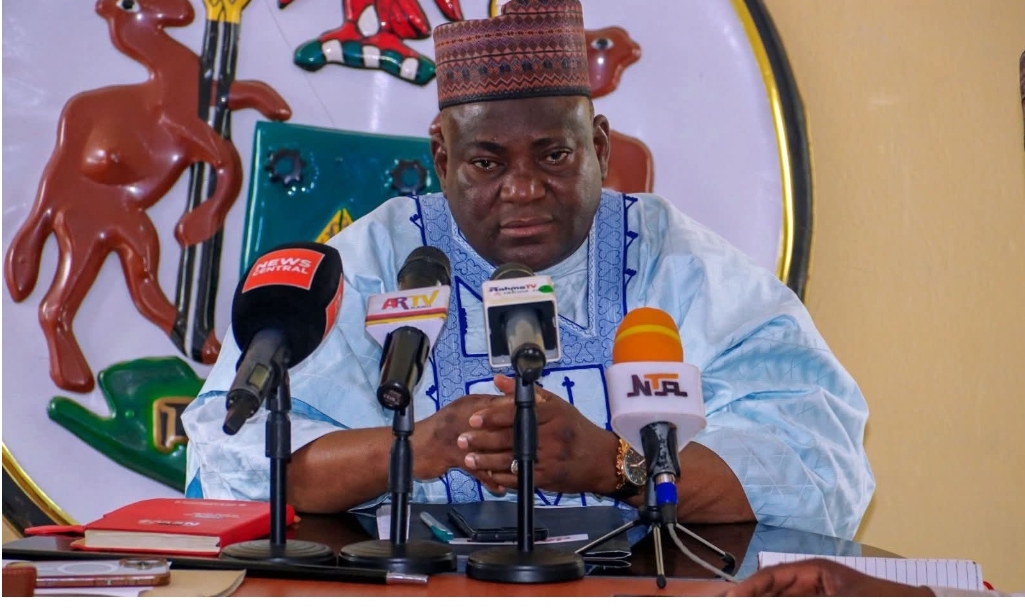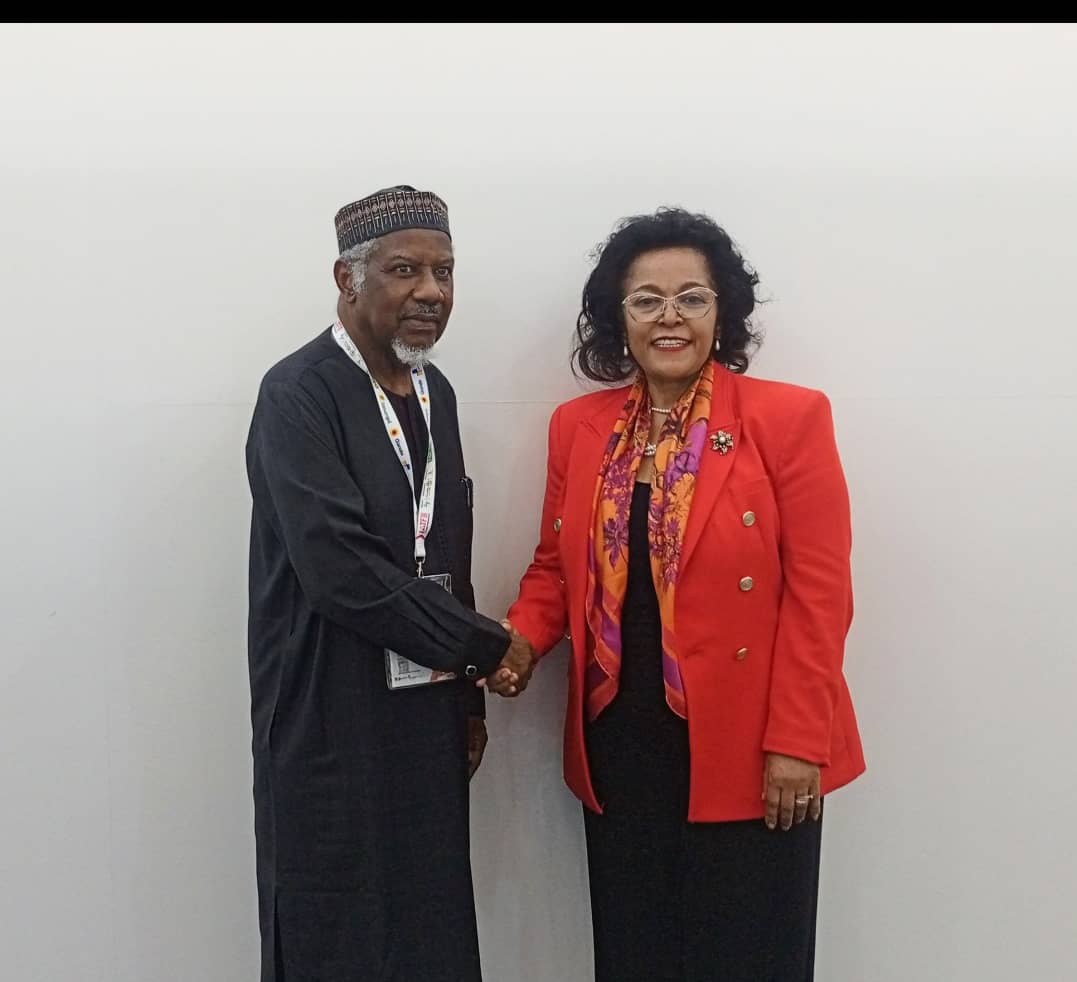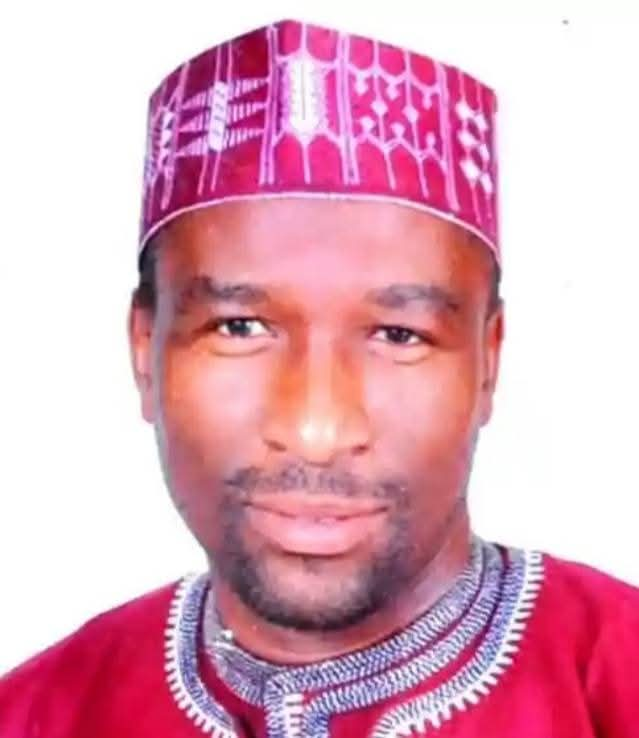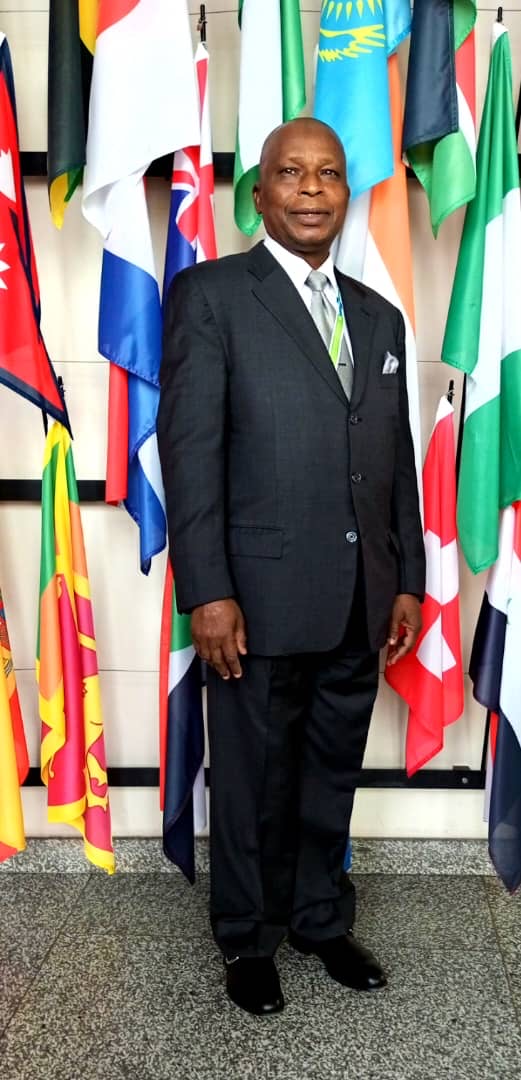Our Correspondent
The Attorney-General of the Federation and Minister of Justice, Lateef Olasunkanmi Fagbemi SAN says he is focused, on fashioning out a clear strategy that will reposition and strengthen the justice sector for greater access, transparency, accountability, fairness, and efficiency in the entrenchment of the rule of law in Nigeria and administration of justice in general.
The Attorney General and Minister of Justice made the assertion at the 2024 National Summit on Justice held at National Judicial Institute, (NJI) Abuja.
Read Also: Cardiac Arrest Causes Sudden Death of Many Lawyers – Fagbemi
He further said the significance of the summit cannot be overemphasized as it promises to be a turning point in the advancement of this critical sector of the country.
He stressed that every country or organization desirous of sustainable socio-economic development must place a premium on matters of law and justice.
Read Also: Sen. Tinubu, Fagbemi, Marwa charge states on drug use prevention, treatment
He highlighted that the idea of a National Summit on Justice was conceived in 2017 to provide a veritable platform for critically analyzing, discussing, reviewing, assessing, and resolving issues affecting the administration of justice in our dear country.
According to the Minister, the summit provides the platform for building consensus for the advancement of the justice sector as an enabler for socio-economic development.”
“Justice Sector Summits were held in 2017 and 2022 and this summit offers us an opportunity to assess the successes recorded and challenges faced since these last summits.
Read Also: EFCC shouldn’t be Obstructed from performing its Lawful Duty – AGF
“Specifically, it enables us to measure the impact of the reforms initiated by the National Policy on Justice (2017 – 2023), in the key areas of administration of justice: law enforcement, judicial proceedings, correctional services, restorative and traditional justice, legal education and practice, etc.” He further said.
Lateef Fagbemi SAN revealed that a major objective of the summit was to validate and adopt the revised National Policy on Justice, 2024 – 2028 which is the product of extensive research work and consultations undertaken by critical stakeholders in the Justice Sector.
He emphasized that the summit provides a comprehensive assessment, review and consideration of issues militating against effective administration of justice and a well-articulated broad road map of initiatives, actions and responsibilities for addressing and repositioning the justice sector to effectively and efficiently discharge its duties in enhancing national security, upholding the rule of law, promoting the protection of human rights, democratic principles and the socio-economic development of our nation.
“I invite all participants to note that the draft policy itself is an ambitious document which aims to serve as a catalyst for the transformation of the entire justice system in Nigeria.
Read Also: Court convicts, 4 Boko Haram financiers ….As AGF heads FG’s prosecution team
“Your Excellency, Mr President and distinguished participants, permit me to highlight some of the key interventions proposed to be pursued in the Revised National Policy on Justice, 2024. First, the Policy seeks to promote and protect human rights and access to justice which are essential features of a functional justice system.
He added that the Summit proposes practical and sustainable interventions in the implementation of statutory provisions encouraging protection of human rights and access to justice.
He maintained that the Policy also seeks to improve mechanisms for fair and speedy dispensation of justice; detention and correctional services; restorative justice; alternative dispute resolution (ADR) – developing Nigeria into an arbitration hub on the continent; commerce and economic activities; compliance with treaty obligations; synergy and cooperation across the justice sector; and independence of the judiciary; among others.”
Read Also: Peace Building: Group Urges Govt. to provide enabling environment for Security Agencies
Regarding the emphasis on strengthening the independence and welfare of the judiciary, the Attorneys-General recalled that one of the cardinal items on the Renewed Hope Agenda of the administration is to drive judicial reforms to achieve sustainable socio-economic growth and investment, facilitated by the rule of law, and to address the challenges militating against judicial development in our country.
The Attorney-General further stated that one key theme that has been added to the National Policy on Justice is Justice for Children, adding this is in line with commitments under various international, regional and national instruments on protection of children consistent with the guiding principles on the best interest and welfare of the child.
Read Also: Army Chief Vows Justice for Fallen Troops in Okuama Community Attack
“The idea is to adopt deliberate and strategic interventions for dealing with children in contact with the law.
“The Policy also places heavy emphasis on the deployment of technology in the administration of justice. This will not only ensure ease and efficiency in service delivery; it will also significantly boost awareness and access to justice for persons seeking administrative or judicial remedy.”
The justice sector under my watch will continue to push for mutuality in the formulation and implementation of the National Policy on Justice and National Judicial Policy. In furtherance of the above, we are developing draft constitution amendment bills which are aimed at achieving the aims of improved access to justice, deepening the independence and capacity of the judiciary, and eliminating delays in the administration of justice, among others. Hence, the chosen theme for this Summit “Repositioning the Justice System: Constitutional, Statutory, and Operational Reforms for Access and Efficiency” is an apt representation of the policy objectives of the current administration for the justice sector.”
“The Policy also seeks to drive the implementation of the Fundamental Objectives and Directive Principles of State Policy under Chapter 2 of the Constitution which provides under: Section 14(1) that the Federal Republic of Nigeria shall be a State based on the principles of democracy and social justice; Section 17(1): The State social order is founded on ideals of Freedom, Equality and Justice; and section 17(2)(e): the independence, impartiality and integrity of courts of law, and easy accessibility thereto, shall be secured and maintained. The foregoing cardinal objectives/principles are only achievable when there is a dynamic and responsive legal framework in place. 15. I must acknowledge the strategic place and role of the human resources of the Federal Ministry of Justice who are key drivers of the policy.”
“The leadership of the Ministry is equally committed to ensuring that its staff continuously acquire modern professional knowledge and skills to improve their capacities and capabilities. To this end, capacity building programs are being organised for staff in the areas of Quality and Effective Service Delivery, Document Tracking and Information Management, etc. More targeted capacity building programs, in line with the objectives of the Policy and reforms in the public service, have also come on stream. This is in addition to the deliberate efforts by the Ministry to digitize and deploy other technological resources in its systems and processes for optimal output.” He further explained.

















